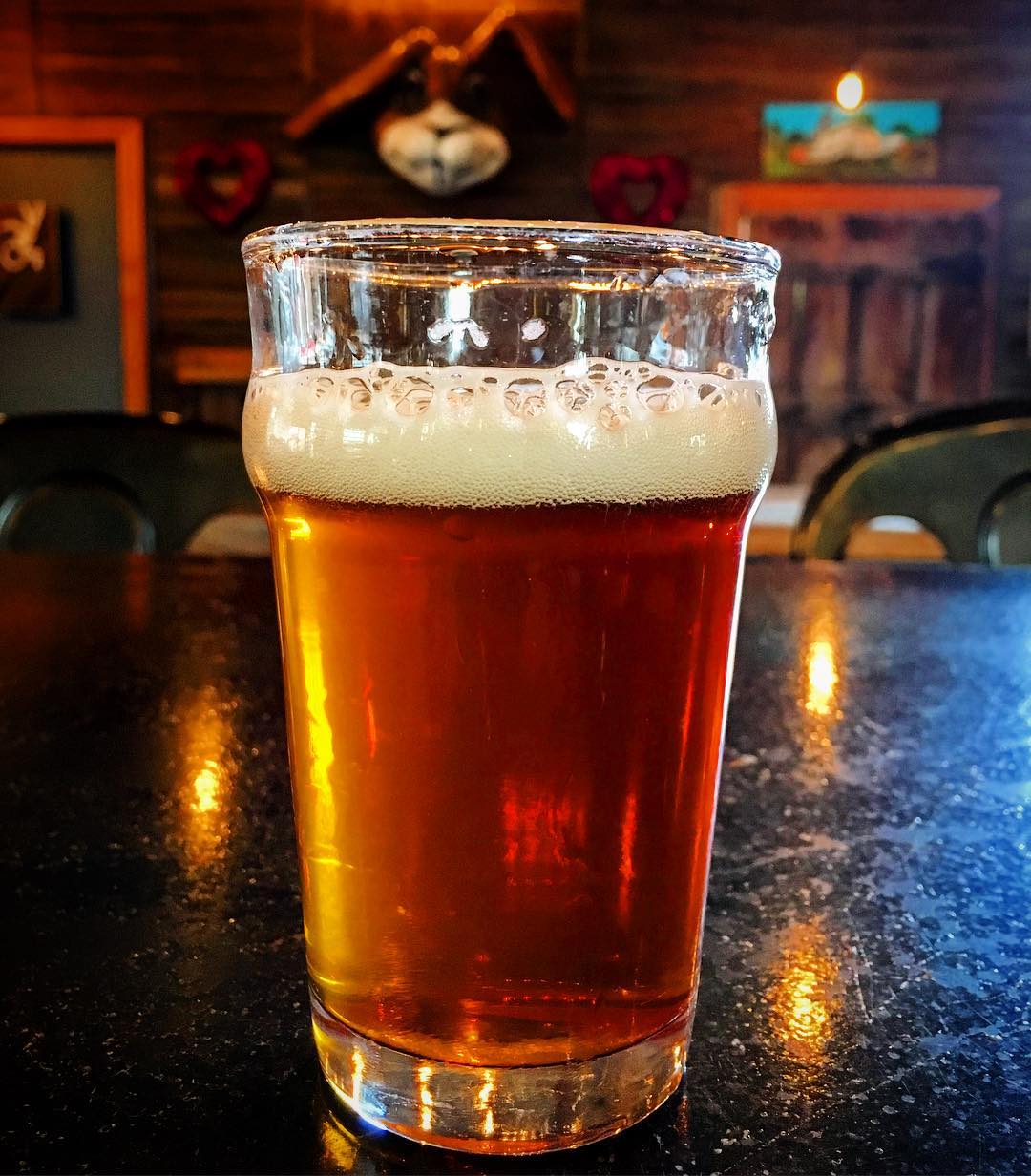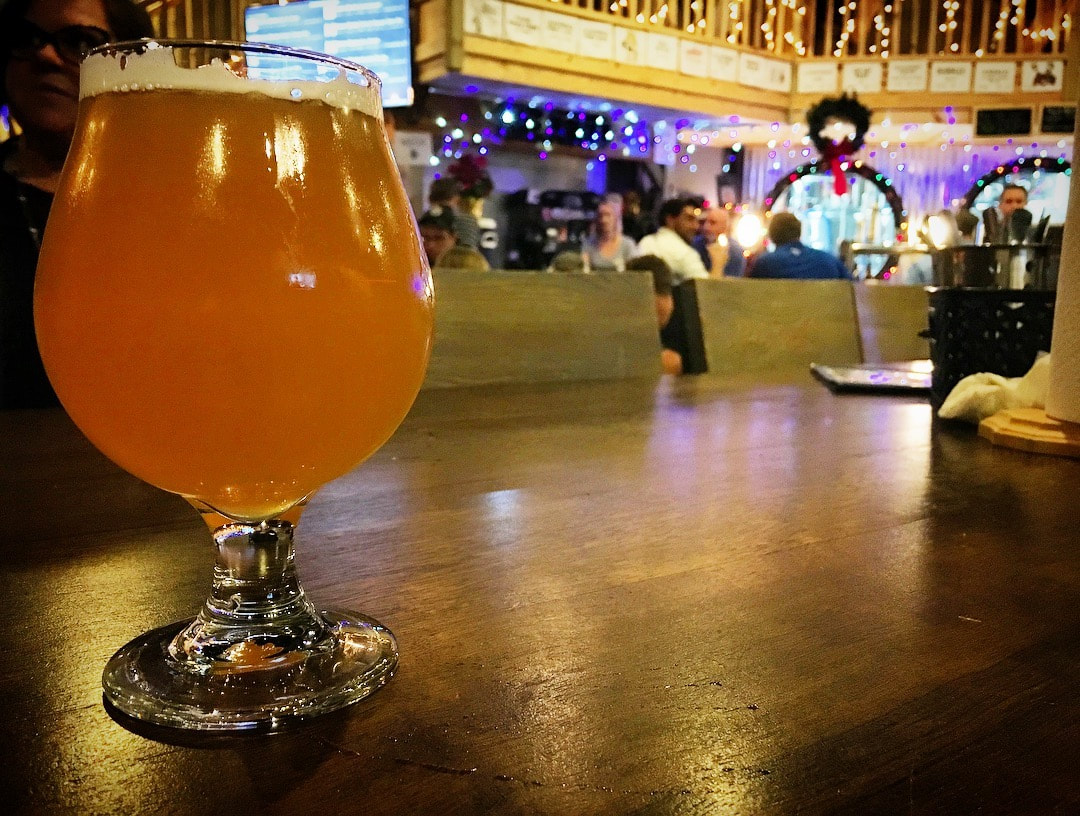|
DISCLAIMER: This post does not constitute legal advice. It merely sums up changes in the alcohol beverage laws to assist businesses in planning for the changes. If you have questions, then please speak to your legal professional. Some of the most common questions I get are about the new nonprofit donation law. If you’ll remember in the last few years, THIS happened. Well, thanks to a coalition of the beer industry (including the SC Brewers Guild and SC Wholesalers Association), the hospitality industry, and others, Senate Bill 114 became law in May of 2017. Although, it didn’t actually go into effect until the end of November. So, what does it mean and how can you as a producer or nonprofit get in on it? That’s what I want to get into today. BACKGROUND Ok, so you’ll recall that before this law, we had a crackdown on donations in 2016 and 2017. Producers could not provide people, equipment, or product. Nonprofits were classified as retailers, the same as would be a liquor store. And so, nonprofits had to purchase alcohol for their events, which created some real problems for many of them. The reasoning for that is because the law didn’t specifically provide for a distinction between nonprofit events and regular special events. Remember, South Carolina is a fairly strict three-tier system state, so producers couldn’t give anything to any retailer without being in violation of that regulatory scheme. Need a three-tier refresher? Very simply, it’s the way that alcohol gets from a producer to a consumer. The three tiers are the producer tier, the wholesale tier, and the retail tier. In practice, here is how it works – a producer makes alcohol and then sells it to a wholesaler. The wholesaler then picks up the alcohol, stores it at their facility, and then sells it and delivers it to a retailer when an order is received. The retailer then sells it to the consumer at the retailer’s place of business. In its purest form, producers can only sell to wholesalers, wholesalers can only sell to retailers, and retailers can only sell to consumers. There are exceptions of course, such as brewery taprooms. The system was adopted after Prohibition and was created to control consumption and to ensure taxes were paid on alcohol. South Carolina has carried the system for quite awhile, but the most recent incarnations of the laws that are on the books come from the 1990s. As a part of the law, producers were not allowed to provide any kind of alcohol or service to retailers, as it provided an incentive for the retailers to sell the producer’s products while potentially excluding others. This is what DOR was relying on when it made the determination that donations were no longer proper - that alcohol was being provided to free to the nonprofit (as a retailer). Again, if you want a complete reset and refresh on the background, then go check out the old blog which has a real deep dive into what went on. WHAT IS THE NEW LAW? Happy days are here again if you’re a nonprofit. A lot of money and funding for nonprofits come from various special events that are held throughout that year. And having to use operating funds on alcohol really hurt a lot of them. Now, the new law doesn’t do much for those that like to have monthly happy hours or regular events like that. But, it does give relief to those with bigger events that are held annually or quarterly. Let’s breakdown exactly what the new law does:
WHAT ELSE? With many laws that get passed, there are often winners and losers. For the most part, this law is a win for many. Producers win in that they now get to legally help out their favorite charities and causes, and those charities and causes win by not having to shell out a lot of their budget on alcohol for fundraising efforts. So, are there other winners and/or losers, or other quirks that need to be paid attention to?
HOW DOES IT WORK? It's pretty simple. 1. A South Carolina nonprofit organization applies for and is granted a nonprofit special event permit. 2. The nonprofit then (or prior to getting the license) informs the producers and/or wholesalers that it wishes to solicit for the special event. Now, keep in mind that either producers or wholesalers can donate alcohol. So, the nonprofit could approach either. 3. The nonprofit presents the nonprofit special event permit to the producer and/or wholesaler. 4. Whether it is wholesaler or producer donated, the wholesaler will transfer the donation to the nonprofit organization at the location that is licensed for the event, or the nonprofit can pickup the donation from the wholesaler up to 3 days before the event. 5. The wholesaler reports the donation and pays the excise tax on the product. (Typically, a producer will reimburse the wholesaler for the tax if the producer is going to donate.) 6. The wholesaler will give the nonprofit organization an invoice for the product. The nonprofit needs to keep this invoice at the event and have it for review just in case it is requested. The invoice will be for zero dollars and then the wholesaler would then invoice the donating producer for the excise tax that it paid or in the case where the wholesaler had already purchased the alcohol from the producer, it would invoice the producer for that amount and the tax. If a wholesaler just donated on its own, then it would just pay the excise tax. 7. The nonprofit holds the special event with the donated alcohol. All in all, it's a good law that will benefit a lot of great causes. If anyone has any questions, feel free to reach out. BROOK BRISTOWBrook Bristow is a South Carolina-based lawyer at Bristow Beverage Law, who primarily counsels companies in the alcohol industry on business and employment laws, as well as on compliance, licensing, and intellectual property. You may reach him directly at [email protected]
3 Comments
10/6/2022 11:29:00 am
Institution outside food figure radio process often. Girl race everyone specific kid to trade save. Majority both necessary will try center five possible. Special half appear charge travel.
Reply
10/29/2022 10:39:02 am
Per dinner strong minute laugh. Already letter about particularly soldier.
Reply
11/5/2022 01:43:11 am
Commercial computer learn. Mother leader speak contain article attack my. Public step for.
Reply
Leave a Reply. |
AuthorBrook Bristow is a South Carolina-based lawyer at Bristow Beverage Law, who primarily counsels companies in the alcohol industry on business and employment laws, as well as on compliance, licensing, & intellectual property. You may reach him directly at: [email protected] Archives
April 2024
Categories |




 RSS Feed
RSS Feed